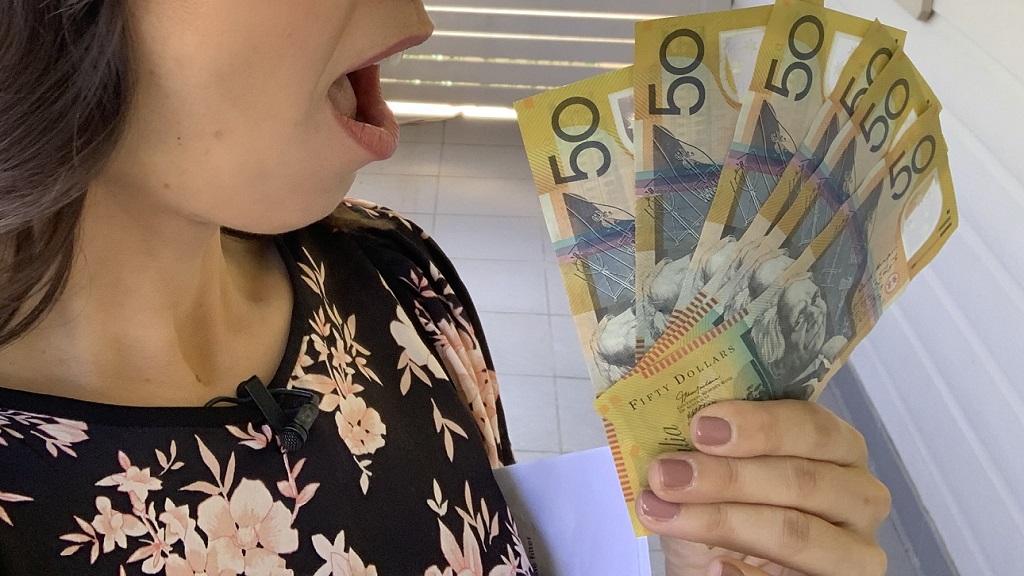It's emerged that millions of Australians who have withdrawn money from their superannuation to help them get through the COVID-19 crisis may be forced to use that money first before being eligible for welfare if they lose their job.
The Opposition has gone on the attack in federal parliament, accusing the government of encouraging people to raid their super fund, without warning them that could disqualify them from JobSeeker payments.
Labor's claims come as the Government pushes ahead with its plan to extend the liquid asset waiting period from 13 to 26 weeks.

READ MORE: How to get your $250 coronavirus payment
If the Government is successful, it would mean people applying for Jobseeker who have more than $18,000, apart from a house or car, need to wait 26 weeks before receiving any payment if they become unemployed.
Labor says a person who has withdrawn $20,000 from their super and put it in the bank would effectively be subsidising the government by funding their own welfare if they later fall on hard times.
The Minister for Government Services, Stuart Robert, has rejected Labor's claims, saying superannuation benefits as a whole are not included in the liquid asset waiting period.
However, he told parliament, "if someone accesses their super early and that amount is included in their liquid assets, then it may be included in the liquid asset waiting period calculation, depending upon when they accessed their superannuation."

The amount would not be included if it was withdrawn from super, after the person became unemployed.
READ MORE: JobSeeker payments to be slashed by more than half
Early withdrawals from super are expected to surpass $36 billion by the end of the year, in response to a relaxation of the rules by the Government to help people get through the COVID-19 crisis.
The Government has actively encouraged people to take up that option.
While many people have used the money to pay down debt or simply to survive, figures out this week reveal Australians are squirrelling their money away at record levels.
Many would have withdrawn a lump sum from their super and put it into the bank where they could easily get their hands on it in an emergency.
They were not warned that would most likely leave them ineligible for the government's safety net.
from 9News https://ift.tt/2JujjSV
via IFTTT


0 Comments